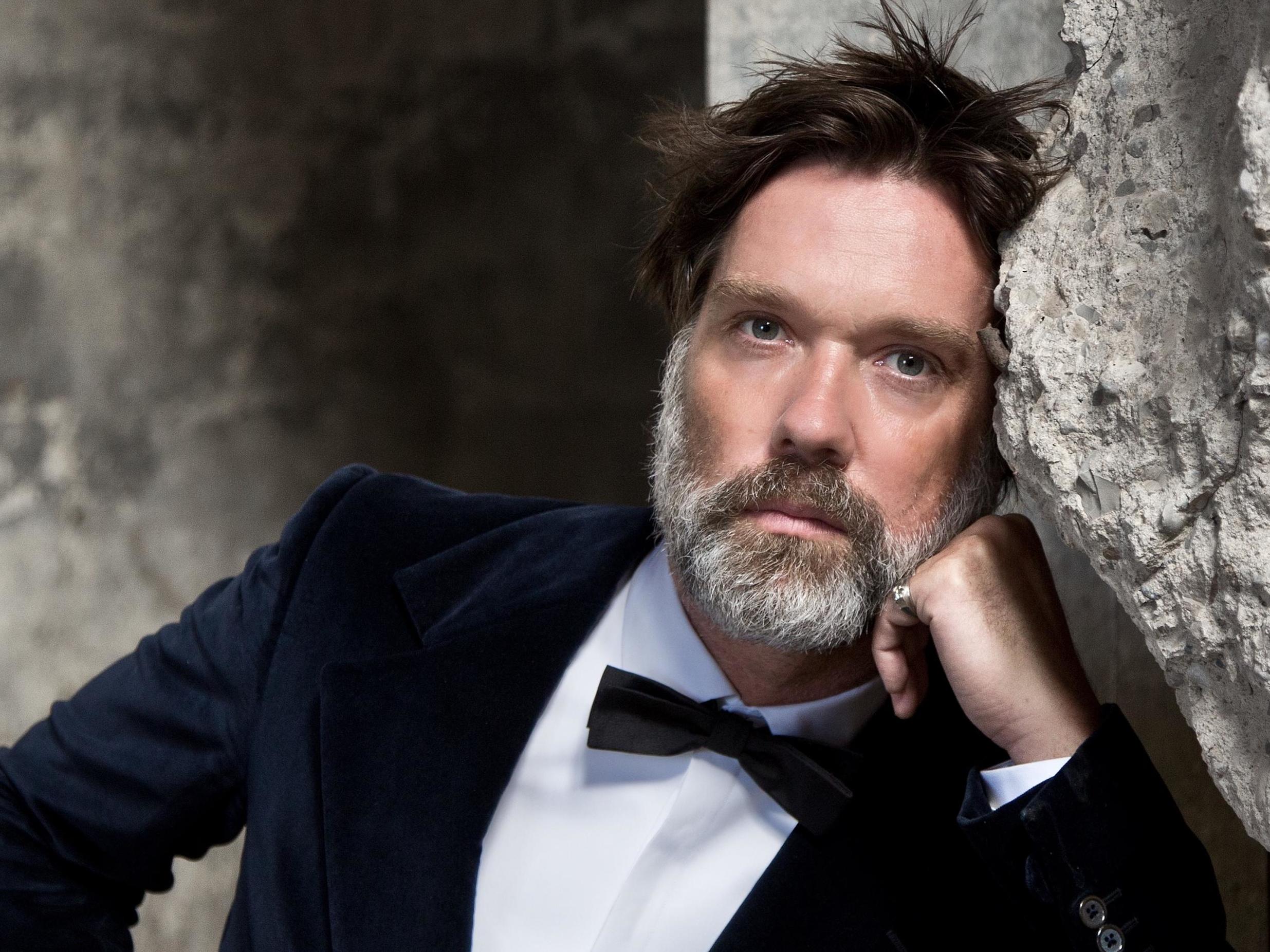Rufus Wainwright review – Unfollow the Rules: On this lush album, the pop artist saunters through the corridors of his life
Reaching middle age is an interesting landmark to acknowledge with such a bold artistic statement, less so once you realise Wainwright wanted to emulate the classic periods of Leonard Cohen and Frank Sinatra

Rufus Wainwright has always been a daredevil, but his new album is still a shock. Unfollow the Rules, the baroque pop artist’s ninth record, finds him settled in domestic bliss and looking back fondly on his hedonistic past.
Reaching middle age is an interesting landmark to acknowledge with such a bold artistic statement, less so once you realise Wainwright wanted to emulate the classic periods of Leonard Cohen and Frank Sinatra. Now a father and married to his longtime partner, he sings with contentment, not complacency, as he saunters through the corridors of his life. Recorded in the same LA studios as his career-launching debut, Unfollow the Rules is full of Wainwright’s trademark flair, with lush, symphonic arrangements set next to stripped-down piano ballads.
Over the creeping keys of “Early Morning Madness”, Wainwright addresses drug addiction in his wearied, lopsided drawl. With the sweeping romanticism of “Peaceful Afternoon”, he serenades his husband Jorn Weisbrodt: “Between sex and death and tryin’ to keep the kitchen clean/ Remember wild roses bloom best in ruins forever after”. “Romantical Man” is perhaps the epitome of Wainwright, a sprawling epic in which he yearns for a jaunt around his favourite London spots then calls to his late mother: “Can you hear me? I’ve made it through.”
Producer Michael Froom (Randy Newman, Roy Orbison) understands when to let Wainwright indulge himself, and when to rein him in – this album is elaborate, but never cluttered. There are gorgeous, pared-back harmonies on opener “Trouble in Paradise” that nod to his fellow California residents, The Beach Boys, and a clarinet that wraps itself around a Sixties-sounding guitar line. On “Damsel in Distress”, inspired by Vogue editor Anna Wintour, Wainwright jumps forward a decade with hand-claps and shimmers of percussion that pay homage to Joni Mitchell.
There are times when Wainwright extends his gaze beyond life at home. The buzzy space opera “Hatred” provides an ominous soundtrack for the forthcoming 2020 election; elsewhere he makes stark reference to temperatures rising. It doesn’t take long, though, before he feels the need for some “Alone Time”. Age has not dimmed his rich tenor; if anything, it’s given it more texture. You feel wholly reassured as he croons: “Don’t worry, I’ll be back, baby”. This is one of Wainwright’s finest albums.
Join our commenting forum
Join thought-provoking conversations, follow other Independent readers and see their replies
Comments
Bookmark popover
Removed from bookmarks